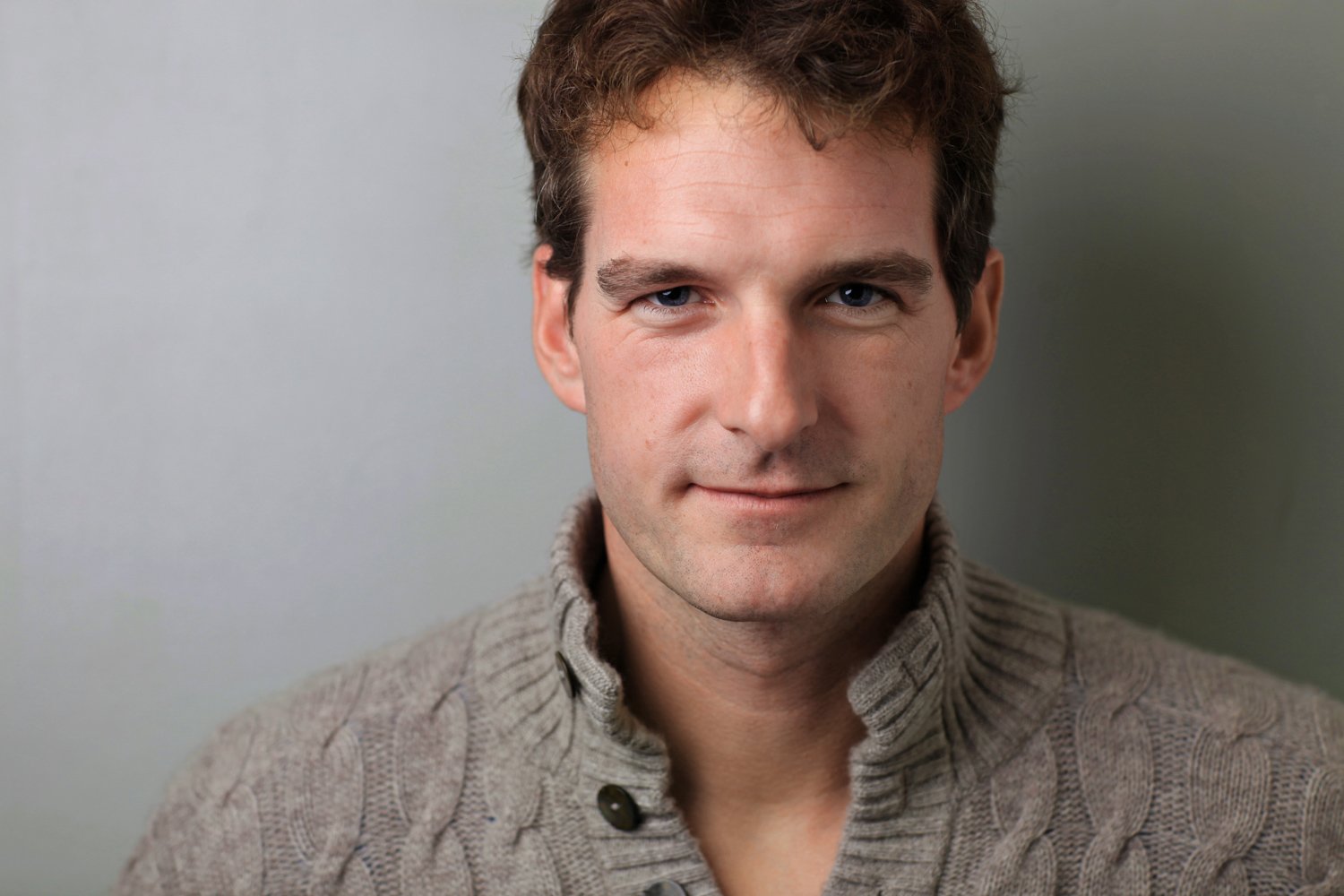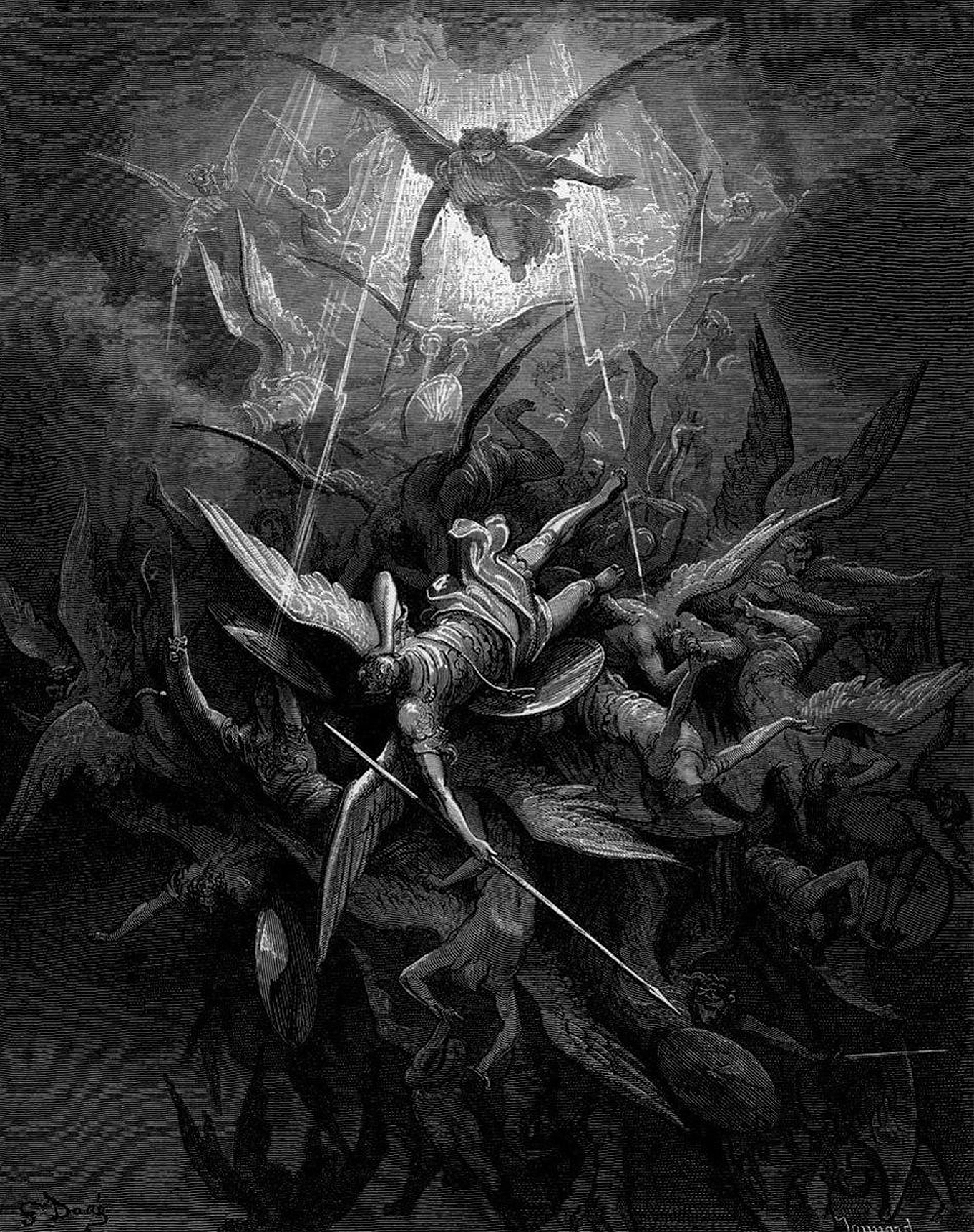
FROM Trump to Brexit, a new cold war to new trade wars, world affairs may be tough on our jangling nerves, but it’s all good news for historians.
Author and TV presenter Dan Snow says future generations will look back in fascination at the times we are living through.
He’s just published a book revealing the historical significance of every day of the year and says his passion for the subject started from his own day one.
Dan said: “History came with my mum’s milk, basically.
“I was raised on it. All we ever did when I was a child was go round castles and battlefields.
“I assumed that’s what everyone did. I didn’t realise my family were unusual with their obsession.
“I studied history and then was lucky enough to get a job in the field.
“I’m incredibly privileged to have been doing it every day since.”
That very first broadcasting foray came in 2002, just after he left university. He co-presented a BBC 60th anniversary special on the Battle of El Alamein with dad Peter, the former Newsnight presenter, famous for his election night swingometer.
“I was 23 and wasn’t nervous at all,” says Dan, who has three children with wife Lady Edwina Grosvenor. “It was the arrogance of youth.
“Looking back, I think how unbelievably lucky I was that it worked and touched a nerve with people who seemed to enjoy it.
“It’s a weird, old-fashioned thing that I got to serve an apprenticeship by watching my dad, a master at work. I learned how to do it from him.
“He can simplify complex ideas like no one I’ve ever met.
“He still offers me advice. We’re always talking about work and the world, so we chat about it all the time.
“I’m more excited by the great sweep of history and the longer cycle of things. Dad loves daily politics and is fascinated by what Theresa May or the 1922 Committee is doing, minute by minute.”
On This Day In History is the new book, which reveals a key event that happened on each of the 365 days through thousands of years.
Some are momentously world-changing, others less obviously so.
From how a woman’s march set off the Russian Revolution in 1917 to the last failed invasion of Britain in 1708, to Lennon and McCartney’s first meeting in 1957 and why Napoleon fled from an army of rabbits in 1807.
“A lot of history collides on the same days and there were loads of choices to be made.”
Although dad Peter is the more political animal, Dan has been heavily involved in cross-party political movement More United. It has put him in the critical firing line as did his vocal support for Scotland remaining in the UK in the run-up to the 2014 referendum.
“Have I taken stick? Of course I have. I take stick all the time.
“The minute my book was on Amazon someone went on, gave it a one-star review and said they needed to go and read Boris Johnston to cheer themselves up.
“It’s all part of the fun. If you believe in things you’ve got to speak up and accept that some people are going to slag you off.
“It might affect your popularity and sales, but that’s a price worth paying.”
Dan insists Scotland is close to his heart through family connections and countless visits. Such is his passion, it even got him axed from a lucrative job.
“I got fired as an ambassador for the New Zealand tourist board,” he explains.
“I said I couldn’t believe all these people went to New Zealand when they’d never been to Ullapool or Fort William.
“I said Scotland was better – after they had paid for me to take a very expensive trip. It was stupid of me.”
Dan will be back in Scotland for four dates at the start of March on his An Evening With The History Guy tour. It will take him away from kids Zia, seven, Wolf, four, and Orla, two.
He says he misses them with a passion and being a dad has made him re-evaluate the risks he takes visiting war zones.
“Syria and the Congo were two trips that were very stressful and traumatic,” he adds.
“Having talked about wars in the past it was important to see wars in the present and experience what those were like.
“It shed a lot of light on the way I can talk about history.
“But being a dad has changed my whole life. I spent my time hiding under the bed reading.
“I read the whole Game of Thrones series in a week, trying to stay out of the action.”
On This Day In History is out now.
It happened on this day, 9/12/1608
This extract from Dan’s book remembers a landmark event that happened on
this day.
“The mind is its own place, and in itself can make a heaven a hell, a hell a heaven…”
Three hundred and fifty years ago, 10,000 lines of blank verse were published, telling the story of the fall of man.
Paradise Lost has shaped English literature and its creator, John Milton, was born on this day in Cheapside in 1608. A radical thinker, a prolific pamphleteer for republicanism, and, after the death of Charles I, a diplomat with the title of Secretary for Foreign Tongues.
Milton mourned the death of Oliver Cromwell and began his epic poem as an attempt to make sense of a fallen world; in his own words: “To justify the ways of God to men”.
Milton started Paradise Lost in the mid-1650s, and over the course of a decade it was dictated to a scribe as he slowly went blind. His enemies considered this to be a kind of divine justice. Paradise Lost inspired writers such as Mary Shelley, Keats, Wordsworth and the art of William Blake.
It is undoubtedly one of the greatest poems in the history of world literature. But Milton was lucky it was published at all. He had been a leading supporter and propagandist for the Republic.
The restoration of King Charles II sent him into hiding. His works were burned and he was arrested. After some debate he was included in a general pardon issued by the new king and his Parliament. Charles opted, on the whole, for conciliation.
The case of Milton shows the wisdom of this course. Not only did he publish one of the great works of literature in the years that followed, but he lived a quiet life and posed no threat to the restored regime. His execution would have been a pointless act of savagery that would have only cost Charles support.
His pardon illustrates a canny political sense, so lacking in Charles’s father and younger brother.

Enjoy the convenience of having The Sunday Post delivered as a digital ePaper straight to your smartphone, tablet or computer.
Subscribe for only £5.49 a month and enjoy all the benefits of the printed paper as a digital replica.
Subscribe